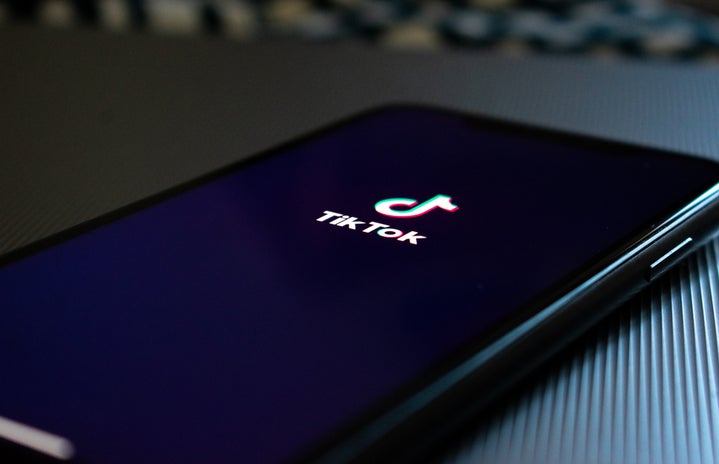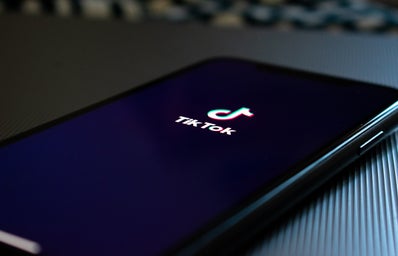In the world of TikTok, Twitter and Instagram teens have been able to become superstars from the comfort of their own rooms. James Charles, Charli D’amelio, and Mackenzie Ziegler are some of the teenagers that have taken advantage of this new technology and blown up… but with their new popularity came some controversy. Being exposed for saying the n-word, being bullies, and making racial jokes has put them all in the spotlight, making them victims of a new age phenomenon called cancel culture. But does it actually exist?
For all my non-social media savvy friends out there, cancel culture is the act of withdrawing support (canceling) celebrities or companies for something offensive they have said or done. An example of cancel culture in effect is when H&M had a black boy in a monkey t-shirt and people decided to cancel them, meaning they would no longer spend money there. As more and more people become famous, so does cancel culture. According to some people, the toxicity of it grows too but there’s been an ongoing argument about if it actually exists (and works). Honestly, it doesn’t. Jeffree Star, a famous makeup artist and YouTuber, got his start making music and then switched to youtube videos. Soon enough, he had a whole makeup empire. But pretty early in his successful career, videos leaked of him saying the n-word, posing with the confederate flag, and even telling a girl that she needs to be thrown in battery acid to make her skin lighter. You would think that this would stunt his success and make it nearly impossible for him to become famous after being canceled, but it didn’t. In fact, his career boomed. Even though he has been “canceled” twice, he still has 14.7 million followers on Instagram and 17.2 million youtube subscribers.
How is this possible? If cancel culture actually existed, surely he would (at the very least) not have such an active following on these platforms. But that’s exactly why it doesn’t. The controversy makes influencers even more popular. Their apology makes them a martyr and holding them accountable for their actions is considered an attack on them and their fan base, especially if they are white. It’s an evident fact now that when a white influencer makes a mistake, they are not held to the same standards as black influencers. They are allowed to give a horrible apology multiple times and then, be let off the hook.
Black Celebrities and influencers are not strangers to cancel culture either though. While they might not reap the benefits of the controversy (depending on the generation they come from) they may not reap the repercussions either. Celebrities like Tory Lanez, Bill Cosby, and even R. Kelly have all been canceled, but they haven’t lost a ton of support. The question that remains is, why not? Is it because their victims were women – black women specifically? Or, is it because we, the social media generation, only hold them accountable to a certain point before we try to separate the art from the artist (which still puts money in their pockets)?
Personally, I think it’s both. There is simply not enough accountability – especially when their victims are black women.
So to answer the original question, cancel culture does not exist. Cancel Culture is perceived like a negative term or negative trend but in reality it is just an attempt to hold people accountable. When you don’t, they become the next Supreme Court Justice, mega millionaire, or president.



